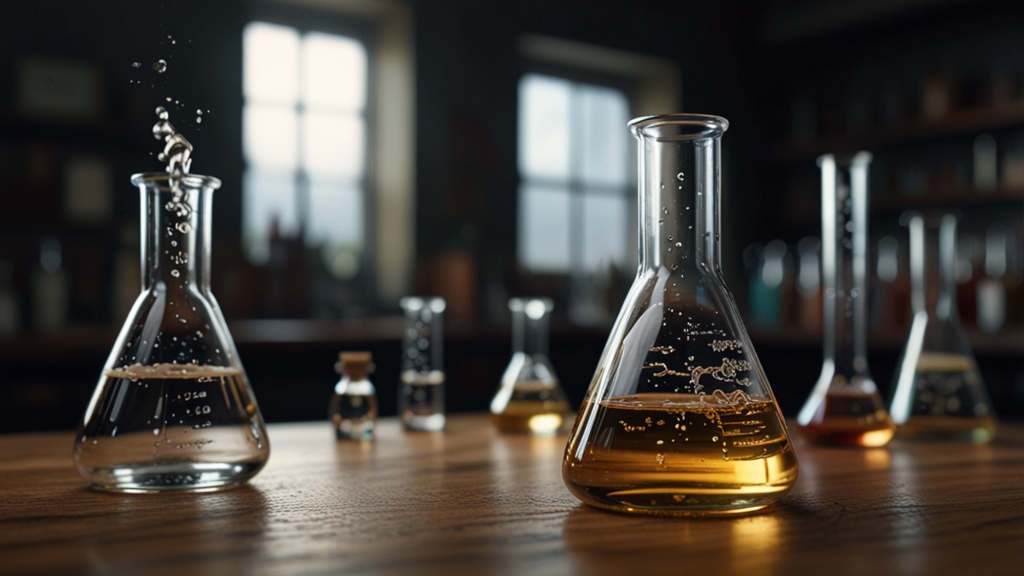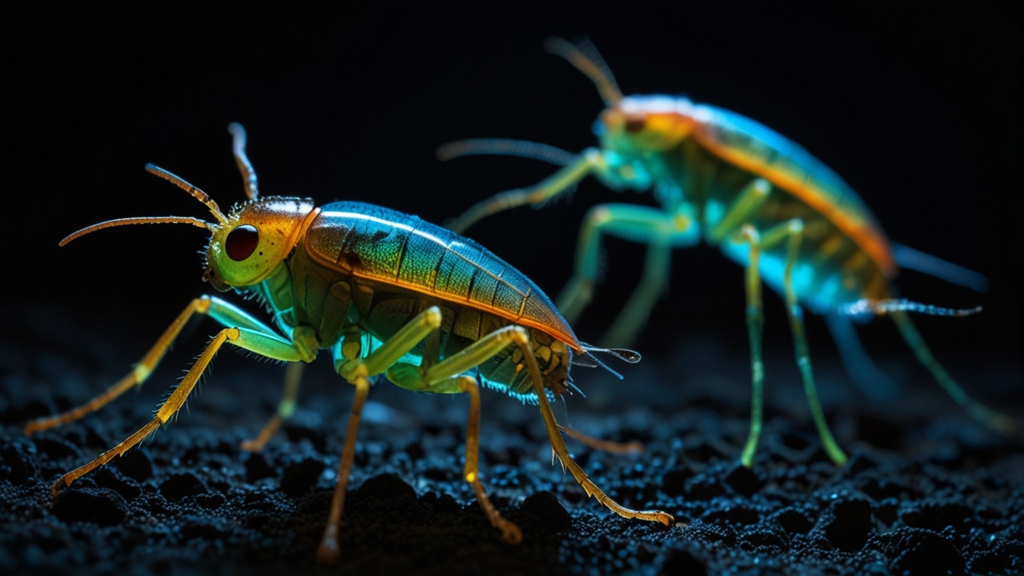A World Without Chemistry: What Would Happen if It Disappeared?
Imagine a world where chemistry doesn't exist. It seems like a scene from a science fiction movie, yet considering such a scenario sheds light on the indispensable role chemistry plays in our daily lives. From the food we eat to the air we breathe, chemistry underpins the very fabric of our existence.
The Foundation of Life Itself
At the core of every living organism are biochemical processes reliant on chemical reactions. Photosynthesis, respiration, digestion, and cellular functions are just a few examples. Without chemistry, these processes would cease, leading to the extinction of life as we know it. Plants wouldn't be able to convert sunlight into energy, and animals, including humans, would be unable to sustain themselves.
“Life itself is the most intricate chemistry laboratory, with every cell engaging in hundreds of chemical reactions at any given moment.”—Dr. Jane Andrews, Biochemist
Healthcare and Medicine: A Crisis of Unimaginable Proportions
The field of medicine heavily relies on chemistry for the development of drugs, vaccines, and diagnostic tools. Antibiotics, painkillers, and treatments for chronic diseases like diabetes and cancer would be nonexistent in a world without chemistry. The simple act of sterilization and sanitation, fundamental to modern healthcare, also hinges on chemical processes.
Without chemistry, disease outbreaks would rage unchecked. Medical procedures would be risky and often futile. The average human lifespan would plummet, and many would suffer unnecessarily from treatable ailments.
“Chemical compounds in modern medicine transform lives. Without them, we'd regress to primitive methods fraught with high mortality rates and suffering.”—Dr. Alan Fletcher, Pharmacologist
Industries and Economy: Grinding to a Halt
Chemistry is the backbone of numerous industries, including agriculture, manufacturing, and technology. Fertilizers and pesticides, essential for high-yield crops that feed our growing population, wouldn't exist. Industrial processes that create materials like plastics, metals, and glass would be impossible without chemical reactions.
Our economy would face unprecedented challenges. Major sectors such as pharmaceuticals, petrochemicals, and electronics would collapse. The production of everyday items like clothing, cleaning agents, and even beverages would be unfeasible. Innovation would come to a standstill, and modern conveniences would disappear.
Environmental Impacts: A Double-Edged Sword
Chemistry also plays a dual role in the environment. On one hand, it's responsible for pollutants and harmful substances affecting ecosystems. On the other, it provides solutions such as water purification, pollution control, and sustainable energy alternatives. The absence of chemistry would impair our ability to tackle environmental challenges, exacerbating problems like climate change and resource depletion.
“While we often criticize chemistry for environmental pollution, it's also our best tool for developing cleaner, greener technologies to safeguard our planet.”—Environmental Scientist, Dr. Elena Rodriguez
Everyday Life: Inconvenience and Discomfort
Consider the daily conveniences we take for granted. Cooking relies on chemical reactions, from the baking of bread to the preservation of food. Cleaning products, personal care items, and even the materials our homes are built from are all products of chemical innovation. Without these, life would be rudimentary and arduous.
Transport technologies would regress to pre-industrial levels. No gasoline or diesel for vehicles, no advanced batteries for electric cars, and no materials for aircraft means we'd be back to horse-drawn carriages or even walking. Global commerce and travel would be nearly impossible.
Conclusion: The Invisible Miracle
Chemistry, often unnoticed, is the invisible miracle facilitating the quality of life we enjoy today. Its disappearance would create a cascade of crises, undermining health, sustainability, industry, and lifestyle. Reflecting on this hypothetical scenario underscores the profound significance of chemistry and the need to continue advancing and preserving this essential field for future generations.













